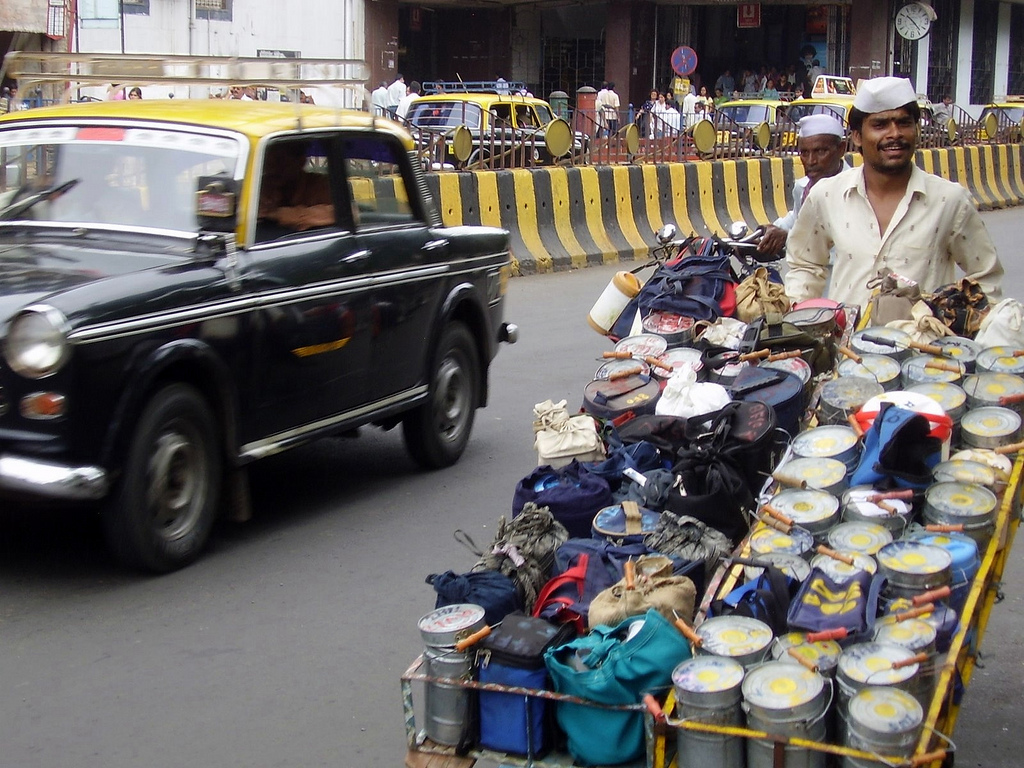India’s fledging hyperlocal delivery startups now have some competition – and it’s not from another yet another super-funded startup trying its luck in the already crowded space. It’s from Mumbai’s iconic dabbawalas, who’ve been delivering food to Mumbai’s office-goers since 1890.
Mumbai dabbawalas will soon launch their own company so as to become a formal set up. Apart from delivering food, they will also supply organic milk, vegetables and other goods. They also plan to provide logistic support to MNCs.

Unlike other competitors in India’s hyperlocal delivery space who use high tech gadgetry and smartphone apps, the dabbawalas are decidedly low tech. With many dabbawalas having limited literacy, they’ve come up with an ingenious system of marks and symbols that depict addresses and places.
Inspite of this, Mumbai’s dabbawalas have delivery metrics that would put any new-age hyperlocal startup to shame. They deliver 175,000 to 200,000 tiffins each day through a network of 5000 dabbawalas. Their efforts have found recognition across the world, with Forbes covering them in a detailed article and the President of their association delivering talks at Harvard. They are also widely thought to be a Six Sigma company, making just one error over 6 million deliveries.
Subodh Sangle, the coordinator of Mumbai Dabbawalas, said that the rationale behind the new initiative is to use management skills of the lunch box suppliers. “Several MNCs need logistic support from us and most of them outsource. Dabbawalas are well-versed with the geography and their services have met customers’ expectations,”, he told TOI.
Mumbai’s dabbawalas aren’t the first traditional business that’s trying to reorganize to take on startups that have begun eating away at their business. Earlier this month, Mumbai’s taxidrivers had launched their app, 9211, to take on Uber and Ola.
